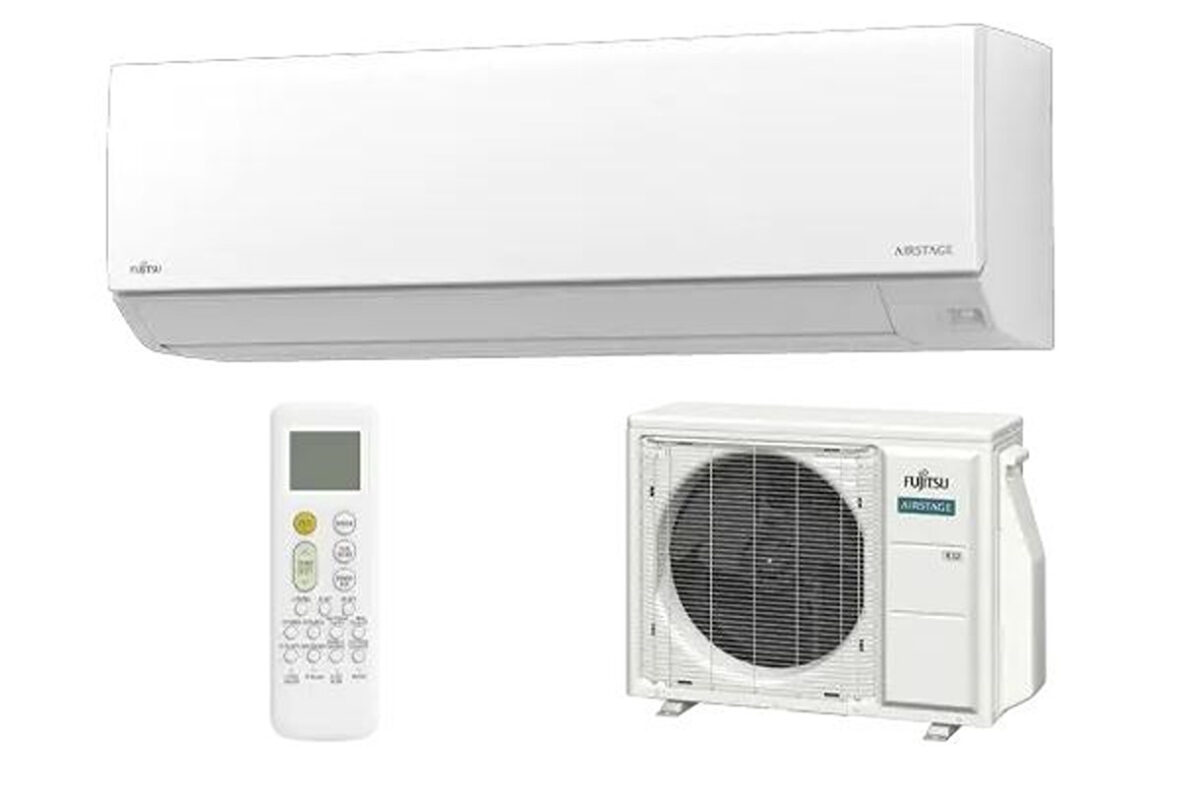U.K. industry group the Solar Trade Association (STA) has reissued its call for the government to exempt commercial solar systems from business tax rate valuations, ahead of tomorrow’s budget announcement.
The STA has been highly critical of the reform of the business rate system which, in 2017, included the value of solar rooftop systems when calculating the rentable value of business properties. The rentable value of shops, factories and other commercial premises is used as the basis for calculating how much business rates tax such concerns have to pay annually.
A statement issued by the solar trade body today highlighted the case of budget supermarket Lidl, whose U.K. estate suffered a reported 528% rise in business rates under the new system, in part thanks to renewable energy installations on its buildings.
Business rates
The STA’s renewed appeal to exempt solar arrays from rentable value assessments – which would align the clean technology with gas combined-heat-and-power systems – is likely to fall on deaf ears, however. Chancellor Rishi Sunak was a surprise appointment to the senior government post in mid-February after a cabinet reshuffle by prime minister Boris Johnson led to the departure of Sajid Javid, reportedly after the latter refused to sack his political advisors at the bequest of Johnson’s senior advisor, Dominic Cummings.
Parachuted into Number 11 Downing Street at short notice, Sunak reportedly had to rip up his original budget plans to refocus resources on delaying the spread of the COVID-19 virus in the U.K. With analysts predicting climate change and other priorities will be put on hold while the coronavirus spreads, the STA’s appeal appears to have little chance of being heard.
Setting out its budget representations today, the STA said it also expected the government to reverse a decision implemented late last year to make residential solar-plus-storage systems – as well as household arrays bought under collective purchasing schemes – liable for a 20% rate of VAT. Announcing the unpopular plan in June, the U.K. Treasury under former prime minister Theresa May blamed EU regulations, although European policymakers denied the claim.
Brexit appeal
The STA has called for the policy to be reversed “following the U.K.’s departure from the EU”, and for battery storage systems to be added to the list of energy saving materials which would qualify for a reduced, 5% VAT rate. However, the U.K. is due to be bound by EU regulations until the end of the year, rendering that appeal unlikely to be realized any time soon either.
With the Home Energy Scotland scheme having made zero-interest loans available for the purchase of residential solar systems, the STA called for the initiative to be rolled out across the U.K. The lobby group cited a survey by London-based environmental legal charity ClientEarth which stated 60% of U.K. homeowners would like to install solar and added, the price of a typical 4 kW solar rooftop has fallen to around £5,000 (€5,710).
The final appeal made by the STA ahead of Sunak’s first budget, was for the government to commit to powering its civic estate 100% from renewable energy sources.
Put together as a package ahead of the ‘COVID-19 budget’, that would all add up to a policy package not to be sneezed at.
This content is protected by copyright and may not be reused. If you want to cooperate with us and would like to reuse some of our content, please contact: editors@pv-magazine.com.




1 comment
By submitting this form you agree to pv magazine using your data for the purposes of publishing your comment.
Your personal data will only be disclosed or otherwise transmitted to third parties for the purposes of spam filtering or if this is necessary for technical maintenance of the website. Any other transfer to third parties will not take place unless this is justified on the basis of applicable data protection regulations or if pv magazine is legally obliged to do so.
You may revoke this consent at any time with effect for the future, in which case your personal data will be deleted immediately. Otherwise, your data will be deleted if pv magazine has processed your request or the purpose of data storage is fulfilled.
Further information on data privacy can be found in our Data Protection Policy.